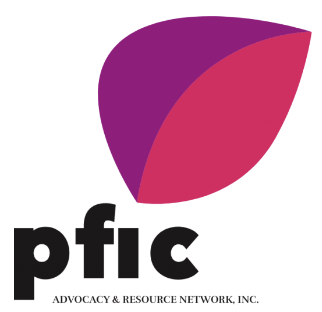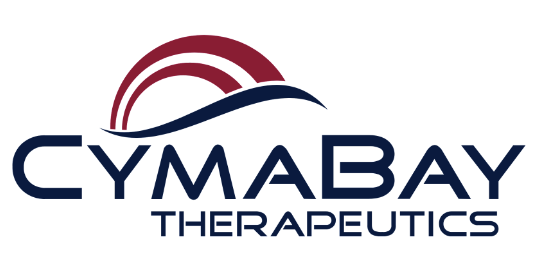
This month, significant strides have been made in addressing rare liver disease care. Updates to patient registries, novel therapeutic options, and strategies for expediting prior authorizations in rare diseases are highlighted below.
PFIC Patient Registry Updated to Include New Languages
The PFIC Network is now offering the Progressive Familial Intrahepatic Cholestasis (PFIC) registry in Italian, Polish, and Spanish, making it easier for more people to sign up and participate. This update will facilitate greater accessibility, allowing more individuals to engage with the registration process and contribute to research efforts. We commend this effort and encourage patients to sign up for this registry and remain engaged with follow up to advance research in PFIC.

Progress in Drug Development for PBC and Symptom Management
CymbaBay’s drug, Seladelpar, successfully met both its primary and secondary endpoints during its clinical study period, paving the way for regulatory approval in the United States and Europe. The results obtained from the RESPONSE Trials demonstrated significant efficacy, indicating its potential as a viable treatment option for PBC and for itch (pruritus) commonly associated with this disease.

Start of a New Therapeutic Option for Alpha-1 Antitrypsin Deficiency Patients
Airna, a startup based in Cambridge, MA, is making significant strides in the realm of experimental drug development. Their primary focus lies in combating alpha-1 antitrypsin deficiency with RNA therapeutics. This approach utilizes prior research conducted in Germany, with the overarching goal of creating a pharmaceutical intervention designed to rewrite RNA’s genetic instructions, thereby targeting the disease in its entirety.
Insight on Prior Authorizations and Gold Carding in Rare Disease
In a Q&A session featuring Ryan Haumschild, PharmD, MS, MBA, valuable insights were shared on the effective management of prior authorizations for patients grappling with rare diseases. Mr. Haumschild underscores the compelling case for granting a “gold card” status for patients afflicted with rare diseases. Specifically for rare diseases where high cost drugs are a common concern, a fast-track approval process in receiving these drugs will ensure that both patients and providers are satisfied.
Upcoming Events
- October 2023: GLI’s #OctoberIs4Livers Campaign
- October 31 – November 2, 2023: World Orphan Drug Congress
- November 10 – 14, 2023: AASLD Liver Meeting®
Email us at info@globalliver.org to set up a meeting or swing by our booth and say hello. -
For more information about the Pediatric and Rare Liver Diseases Council or to learn more about joining, please visit our webpage or email pedsrare@globalliver.org.
